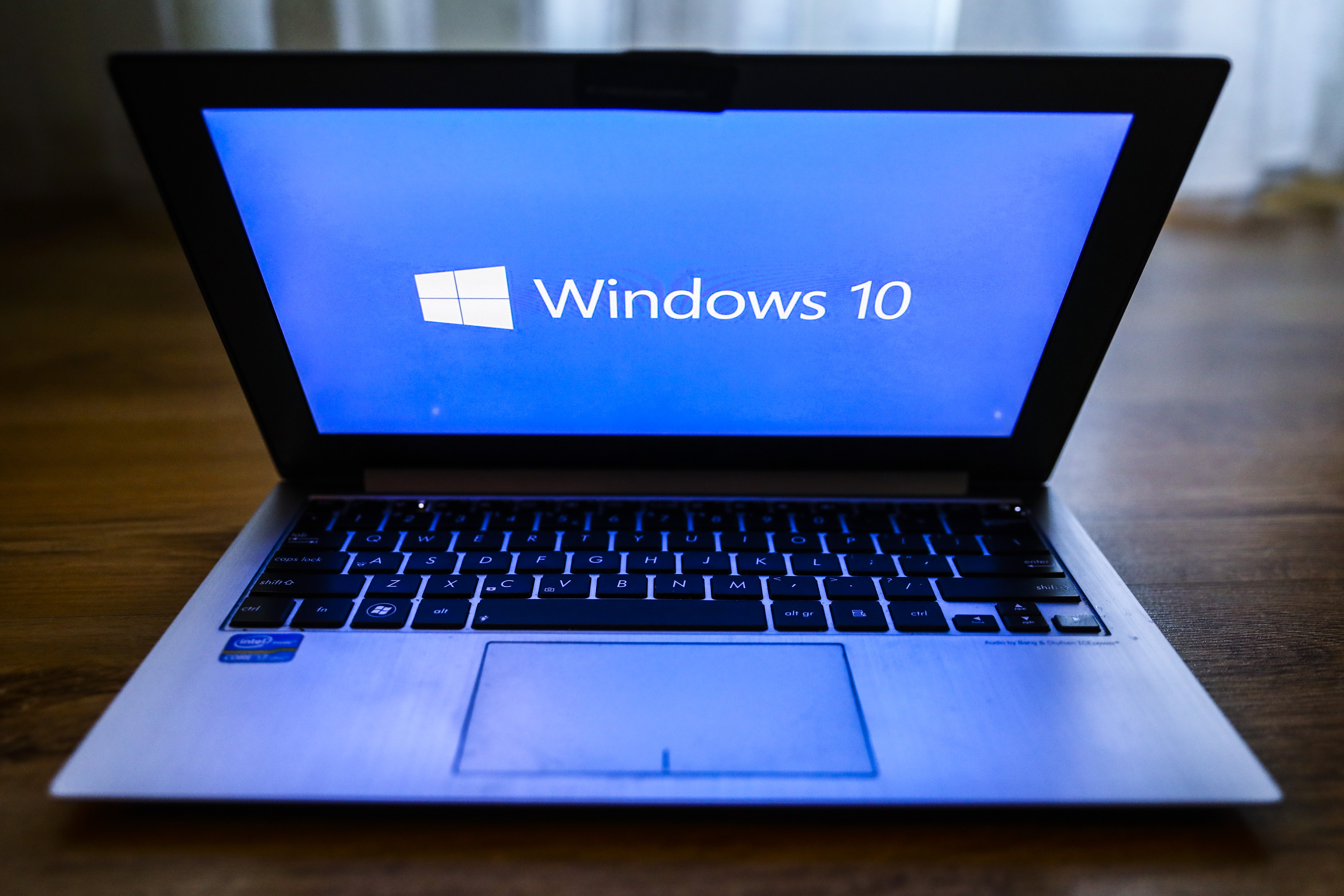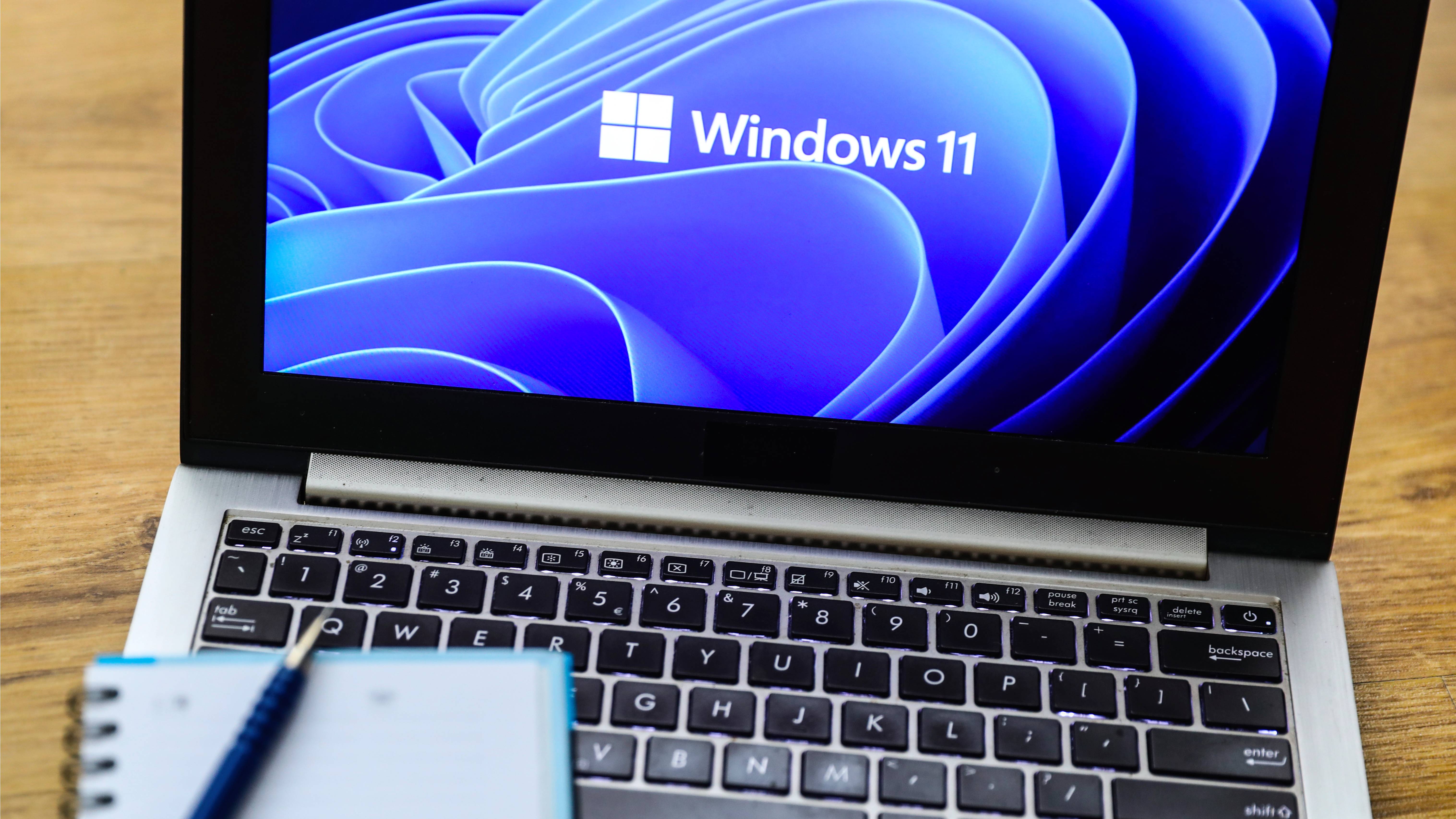
Although Windows 11 offers some big upgrades over Windows 10, Microsoft's previous-gen OS continues to be the favorite for many users.
According to recent market share figures from Statcounter (first reported by UK tech publication The Register), Windows 11 isn't becoming the crowd-pleaser Microsoft hoped it would be. Instead, it's losing market share to Windows 10.
With tracking code installed on over 1.5 million global sites to access data from over 5 billion page views, Statcounter's data set is large enough to appreciate the suggestion that Windows 11 is slipping.
As it stands, Statcounter asserts that Windows 10 has 70.03 percent of the market share, while Windows 11 only has 25.65 percent. And the gap is widening.
Why is Windows 11 losing market share to Windows 10?
Windows 10 dipped to a low for the year at 66.47 percent in January 2024, while Windows 11 increased slightly a month later to 28.16 percent. But instead of these trends continuing — that is, Windows 10 continuing to lose market share and Windows 11 continuing to gain — the opposite happened.
Windows 11 kept dipping, going from that 28.16 percent peak in February 2024 to 26.68 percent in March and 25.65 percent today, and there's likely one huge reason for that: the strict hardware requirements for Windows 11.

While there's no doubt a contingent of users who think Windows 10 is better than Windows 11, there are likely just as many who would upgrade to Windows 11 — only if they could. But because their PC, purchased a few years ago, doesn't meet the lofty system requirements for Windows 11, they can't. No compatible 64-bit CPU or a TPM 2.0 chip? No Windows 11.
Despite pushback, Microsoft seemingly plans to continue ending Windows 10 support in October 2025. The company is also getting pushier about Windows 11 upgrades, encouraging people with PCs that don't meet the upgrade requirements to buy a new laptop with Windows 11.
There are always workarounds, though: Windows 10 users can bypass Windows 11 hardware requirements, but doing so risks major incompatibility issues and could result in missing important security and performance updates.
The only official paths a Windows 10 user with "outdated" hardware can take include buying a new Windows 11 PC, paying the absurd $427 for three years of extended updates, or continuing to use their Windows 10 PC without potentially crucial security updates.
If the Windows 11 market share continues trending downward and that of Windows 10 continues to rise, would it be enough for Microsoft to make some significant changes? It seems unlikely. Between lowering hardware requirements for Windows 11 or extending support for Windows 10, Microsoft might choose the former. It's just as likely that the company would choose neither.







